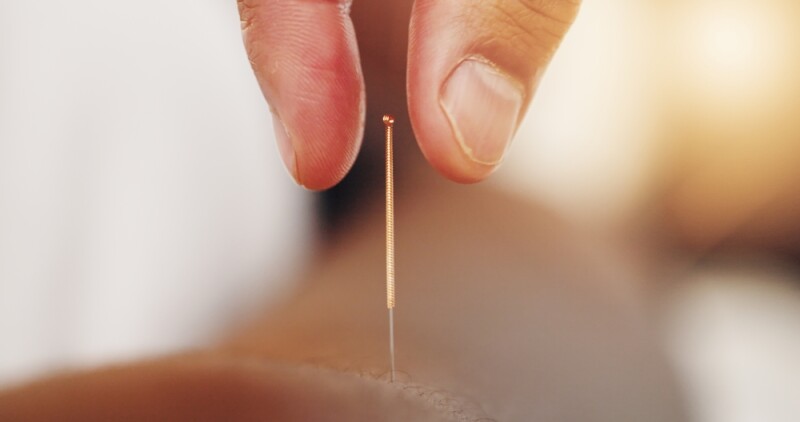Poor sleep linked to increased risk of COPD flare-ups, new study finds
A new study assessed whether sleep quality is associated with an increased risk of chronic obstructive pulmonary disease (COPD) exacerbations and how they relate to socio-environmental exposures.
The study, largely funded by the National Heart, Lung, and Blood Institute (NHLBI), part of the National Institutes of Health (NIH), was published in the journal, SLEEP, and led by investigators at the University of California San Francisco Medical School. The study found that the risk for these flare-ups – sudden bouts of worsening breathing – was 25 percent to 95 percent higher in people who experienced poor sleep than in people who had good quality sleep. The findings suggest that poor sleep may be a better predictor of flare-ups than even a person’s history of smoking.
Researchers followed 1,647 people with COPD who were enrolled in the Subpopulations and Intermediate Outcome Measures in COPD Study (SPIROMICS), a multi-center United States longitudinal study designed to evaluate COPD subpopulations, outcomes, and biomarkers. All the participants in this specific study were current or former tobacco smokers with a confirmed diagnosis of COPD and underwent at least one initial sleep evaluation upon enrollment.
Investigators recorded COPD flare-ups over a three-year follow-up period and compared these measurements against the sleep quality of the participants. The researchers used a combination of seven sleep measures, including sleep duration, timing of sleep, and frequency of disturbances. The scores ranged from worse sleep quality to best sleep. The researchers reported their results after looking at how a person’s risk for flare-ups changed after one year.
The study found that, in general, poor sleep quality was strongly associated with a higher total of COPD flare-ups. Compared to those participants with the best possible sleep, those who were at the threshold or at the base level of poor sleep had a 25 percent increased chance of having a COPD flare-up within the next year. Those with the worst sleep had a nearly 95 percent increased risk of having a COPD exacerbation within the next year.
While the findings apply to all races and ethnicities, the study has particular relevancy for Black Americans because past studies show that this group tends to have poorer sleep quality than other races and ethnicities, according to lead study author Aaron Baugh, MD, a clinical fellow at the University of California San Francisco Medical School and a practicing pulmonologist.
“Our work provides a strong rationale into paying more attention to sleep than we have in the past, from both a clinical and research perspective,” said Baugh in a statement. “While we now know that sleep quality can predict future exacerbations, we don't know whether improving sleep quality will yield direct improvements in COPD outcomes. We encourage future studies that can look at the impact of interventions, whether at the individual or community level.”




















SHARE